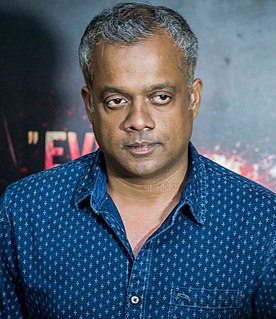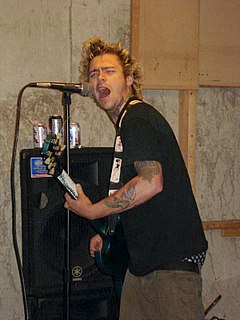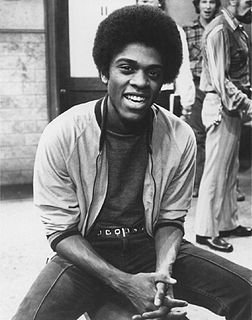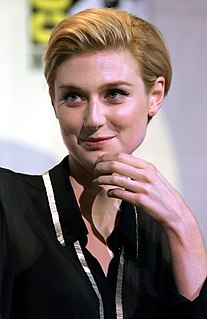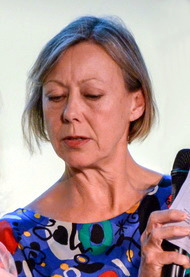A Quote by Pankaj Kapur
We compare everything with what is being done in the West. Even the film reviews are written like that. It is sad because we are trying to belittle ourselves.
Related Quotes
Many of our feelings of satisfaction or dissatisfaction have their roots in how we compare ourselves to others. When we compare ourselves to those who have more, we feel bad. When we compare ourselves to those who have less, we feel grateful. Even though the truth is we have exactly the same life either way, our feelings about our life can vary tremendously based on who we compare ourselves with. Compare yourself with those examples that are meaningful but that make you feel comfortable with who you are and what you have.
I don't think I could compare myself to Macaulay Culkin, because we're pretty much two different kinds of actors. He's done a lot of comedy. He does mostly just comedy like 'Uncle Buck' and 'Home Alone' and 'Home Alone 2.' And I've done a lot of different stuff, like sad movies, like the movie about the kid with AIDS.
I dont think I could compare myself to Macaulay Culkin, because were pretty much two different kinds of actors. Hes done a lot of comedy. He does mostly just comedy like Uncle Buck and Home Alone and Home Alone 2. And Ive done a lot of different stuff, like sad movies, like the movie about the kid with AIDS.
The years ahead will be great ones for our country, for the cause of freedom and the spread of civilization. The West will not contain Communism, it will transcend Communism. We will not bother to denounce it, we'll dismiss it as a sad, bizarre chapter in human history whose last pages are even now being written.
When you make a film, you're creating the illusion of a natural experience. But everything is created on purpose. If I want you to be scared, I'm trying to scare you. If I want you to cry, I'm trying to make you sad. If I want you to laugh, I'm trying make you laugh. So, how I get you there is what makes it interesting, because I also want it to feel seamless, and not forced. That kind of constant experimentation is just fun to explore, and I love it.
I don't read reviews. Just because that is something that's directly connected to my job. I'm doing this because I love it, not because I'm necessarily looking for approval or anything like that. To me, it seems that reading reviews - whether they're good ones or bad ones - can only sort of force the person to divorce themselves from the reality of what it is they do for a living. So I don't read reviews.
I would make a huge distinction between theater improvisation and film improvisation. There isn't much improvisation in film - there's virtually none. The people that theoretically could be good at this in a theater situation don't necessarily do this in a film in a way that will work, because it's much broader on a stage. But in a movie, it has to be real, and the characters have to look entirely real because it's being done as a faux documentary, so there are even fewer actors that can do that on film.
Everything I have written up to now is trifling compared to that which I would like to write and would write with great pleasureEither I am a fool and a self-conceited person, or I am a being capable of becoming a good writer; I am displeased and bored with everything now being written, while everything in my head interests, moves, and excites me-whence I draw the conclusion that no one is doing what is needed, and I alone know the secret of how it should be done. In all likelihood everyone who writes thinks that. In fact, the devil himself will be brought to his knees by these questions.


